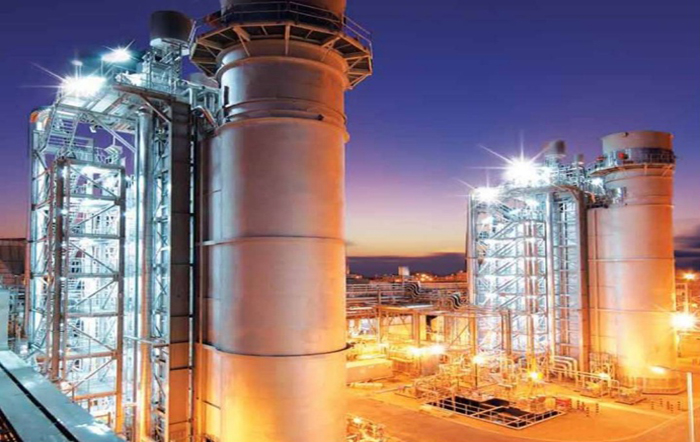
Thermal engineering is a specialized discipline of mechanical engineering that deals with the movement of heat energy and transfer. Since the energy can be transformed between two mediums or transferred into other forms of energy, a thermal engineer must have knowledge of thermodynamics and the process to convert generated energy from thermal sources into chemical, mechanical, or electrical energy. Since the branch deals with energy and its form, anyone with a B.Tech from mechanical engineering or chemical engineering can pursue M.tech in thermal engineering. Thermal engineering is usually offered as a master’s program because thermal energy is produced as a result of mechanical or chemical processes.
The role of a thermal engineer is design and constructions of systems for heating and cooling or to design thermal control systems in machines to minimize overheat and energy loss.
If your area of interest spans the details of manufacturing or the harnessing of energy, and you have a clear understanding of thermodynamics, machines and heat transfer, you should go for a M.tech in Thermal Engineering after a B.tech. An M.Tech not only helps you enter the industries at a highly desired position and renumeration, but can be instrumental in building a career in teaching for you. An M.tech is a greater, reinforced commitment to the field and requires an in depth knowledge and the wish to learn more in thermal engineering. Thermal sciences are the underlying principles of many engineering processes and a thermal engineer is qualified to be recruited into many sectors of the industry.



